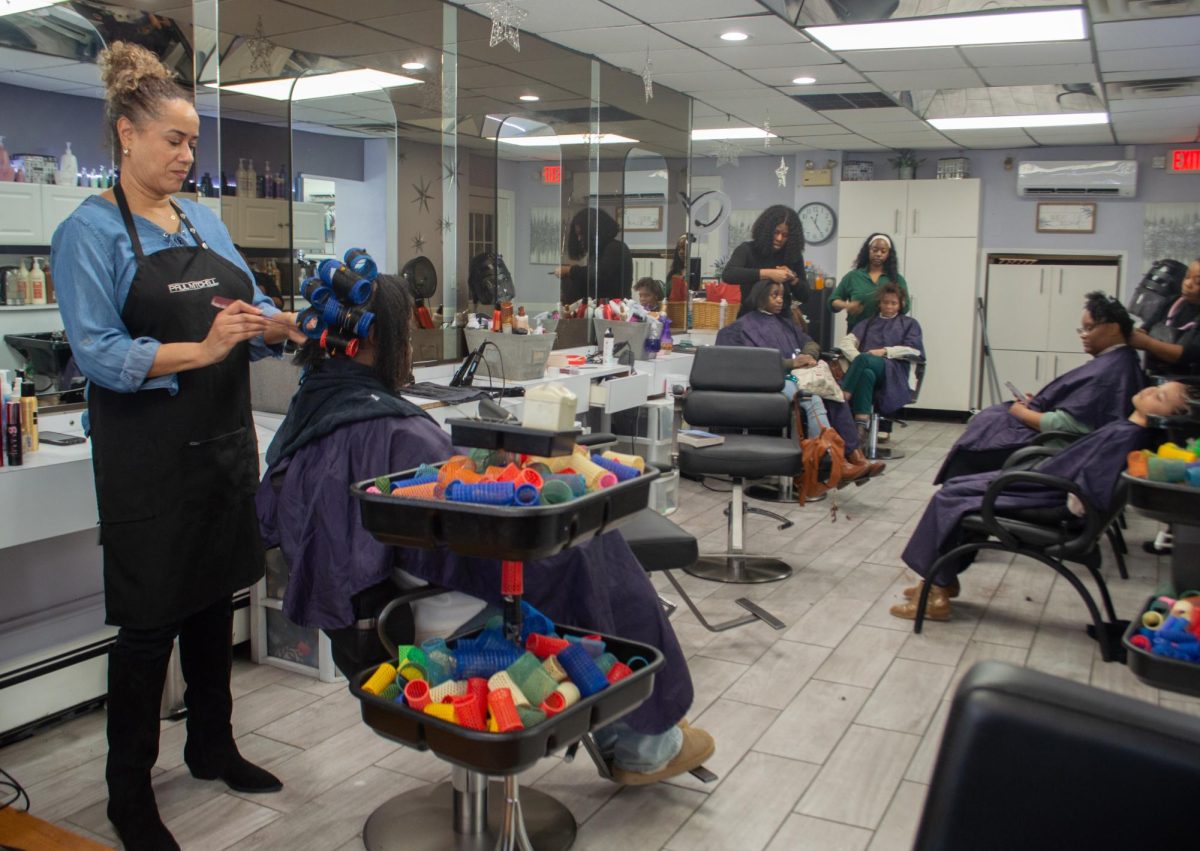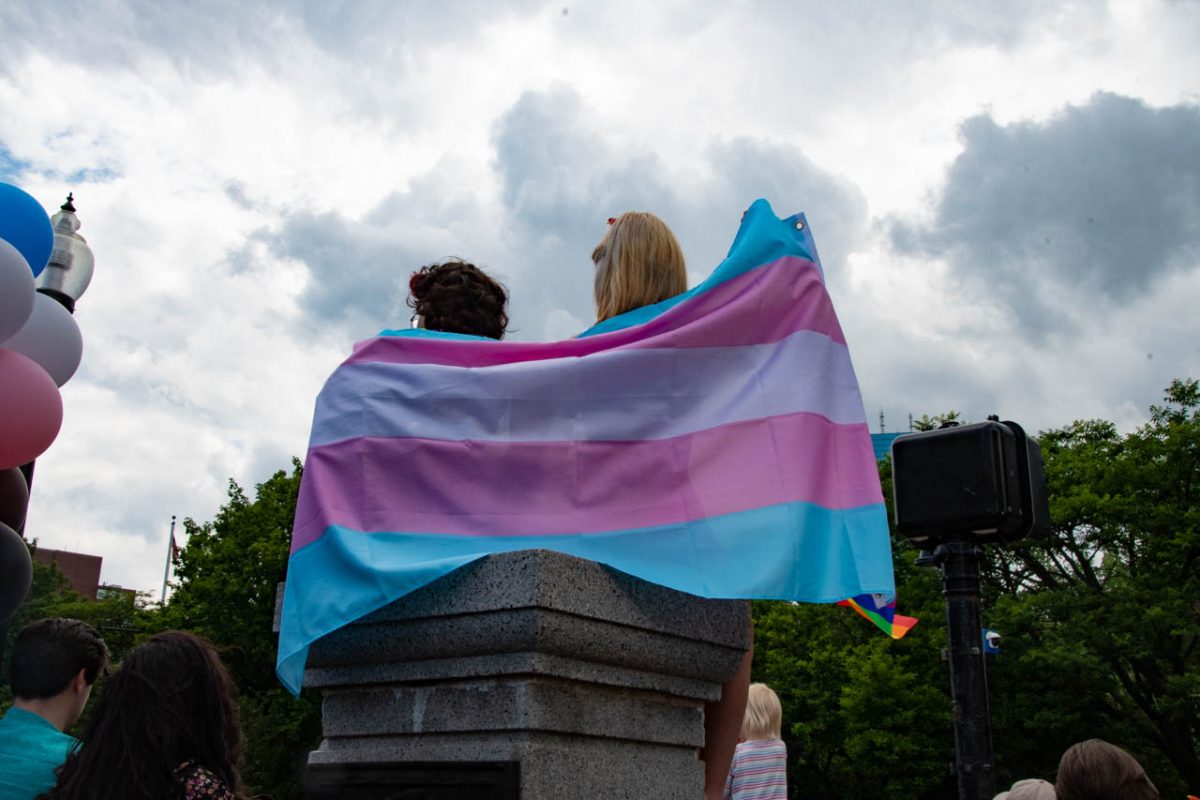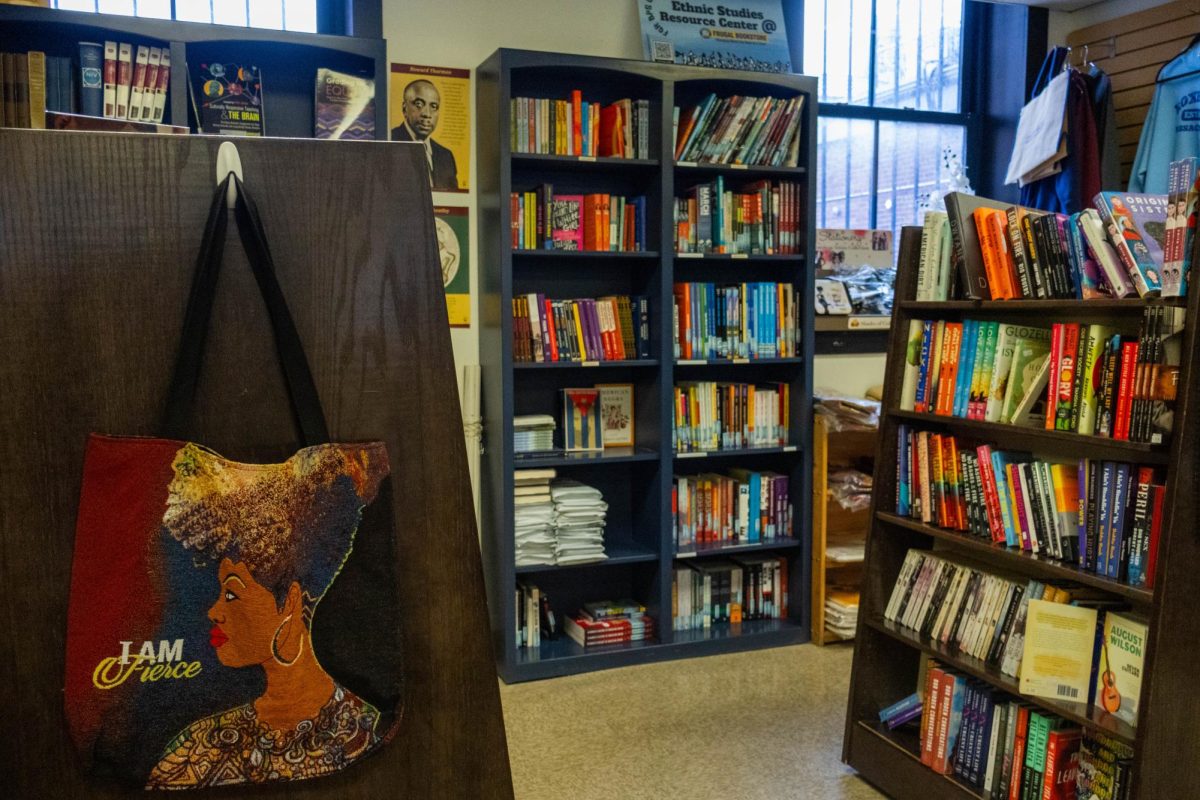By Sarah Schwarz, News Correspondent

Paredes, a city in northern Portugal, has a high school dropout rate of zero. The municipal government has instituted a mentoring program that works with students and parents to help them understand the opportunities that exist for high school graduates.
“Paredes is a pilot city of the future,” said World Class Cities Partnership executive director Michael Lake, who is a Northeastern alumnus.
This is one example of the practices which serve as inspiration for partner cities of the World Class Cities Partnership (WCCP). The organization’s mission is to help medium-sized cities around the world, with populations ranging between about 400,000 and 1.5 million people, learn from the actions, mistakes and challenges of similarly sized cities.
“It was founded to unite cities around the world with the best practices and policies,” Lake said.
Although the delegates of the WCCP did not travel to Paredes, it was a focus of their recent trip to Portugal. They examined the successful policies and practices of the city in conjunction with their analysis of partner city Lisbon.
Lake said academic institutions and city governments work together to benefit both political parties and the economy as a whole. Universities attract some of the smartest young people in the country. They bring revenue to the city, which, in turn, creates jobs. The cities, in turn, must keep students interested. When a city succeeds, it draws more students to its universities.
Northeastern graduate Lake founded WCCP about three years ago and officially launched it in June of 2010. He graduated in 2002 with five majors: finance, communications, entrepreneurship, political science and management of information systems. He left his position at United Way, traveled the world and returned to his alma mater to become the director of WCCP.
Only one city per country may join WCCP, and each must have the commitment of an academic institution and the municipal government.
Current full members are Boston; Dublin, Ireland; Lisbon, Portugal; Barcelona, Spain; Lyon, France and Haifa, Israel. Associate members include Guadalajara, Mexico; Vancouver, Canada and Hamburg, Germany. Associate status only requires the participation of either the municipal government or of an academic institution, and lasts for one year. WCCP is currently planning induction ceremonies for Guadalajara and Vancouver to become full members within the next few months.
WCCP is looking to add cities in Brazil, China, India and South Africa in order to round out membership, Lake said.
Each year the organization hosts three main events. One is a three-day summit of all the delegates from every partner city. They meet in a different member city each year and study the successful policies and practices of that city and country.
The 2012 summit examined the practices of member city Lisbon, the Azores Islands and Peredes. Lake said the Azores have a strong connection to Boston because a large segment of the Portuguese population in Boston originated on the islands. The Azores are close to using 57 percent renewable energy, and the WCCP, along with Massachusetts businesses, sees it as a perfect opportunity for Massachusetts’ renewable energy companies to expand to a global scale.
Lisbon has implemented a system that allows citizens to propose ideas for community improvement online, where other citizens vote on them and the most popular initiative is enacted with funding from the government.
Locally, WCCP develops projects through an annual forum in Chatham, which is open to all Bostonians. The next forum will take place Jan. 25 and 26 at the Chatham Bars Inn. It consists of a dinner, a morning of reports on research findings and a debriefing of the annual summit, followed by an “unconference,” in which every attendee shares his or her thoughts or ideas inspired by the morning’s reports.
Since Lake became executive director of WCCP, he has overseen projects such as the creation of awesomeboston.org, a website which discusses the success stories of Boston as an innovative city. A new project, “Innovation Week,” was proposed about a week ago, and will be planned in the upcoming months. Its mission is to prove that not only ideas but also products are created in Boston, Lake said.
Lake’s biggest project right now is called “Freshmen at Fenway.” The multi-day event will welcome freshmen from schools in the area to Boston and show them that “everything [they] need is right here,” Lake said. Different games and activities will earn students points. At the end of the event, students with enough points receive tickets to a concert.
“The event will open doors of awareness and opportunity in Boston,” Lake said.
So far, there are no opportunities for students to get directly involved with the organization, but this is likely to change in the future. There are currently three graduate classes offered at Northeastern through WCCP, and the partnerships are likely to open many opportunities for international co-ops and exchange.
“It is a personal goal of mine to leverage opportunities as we form partnerships,” Lake said.








